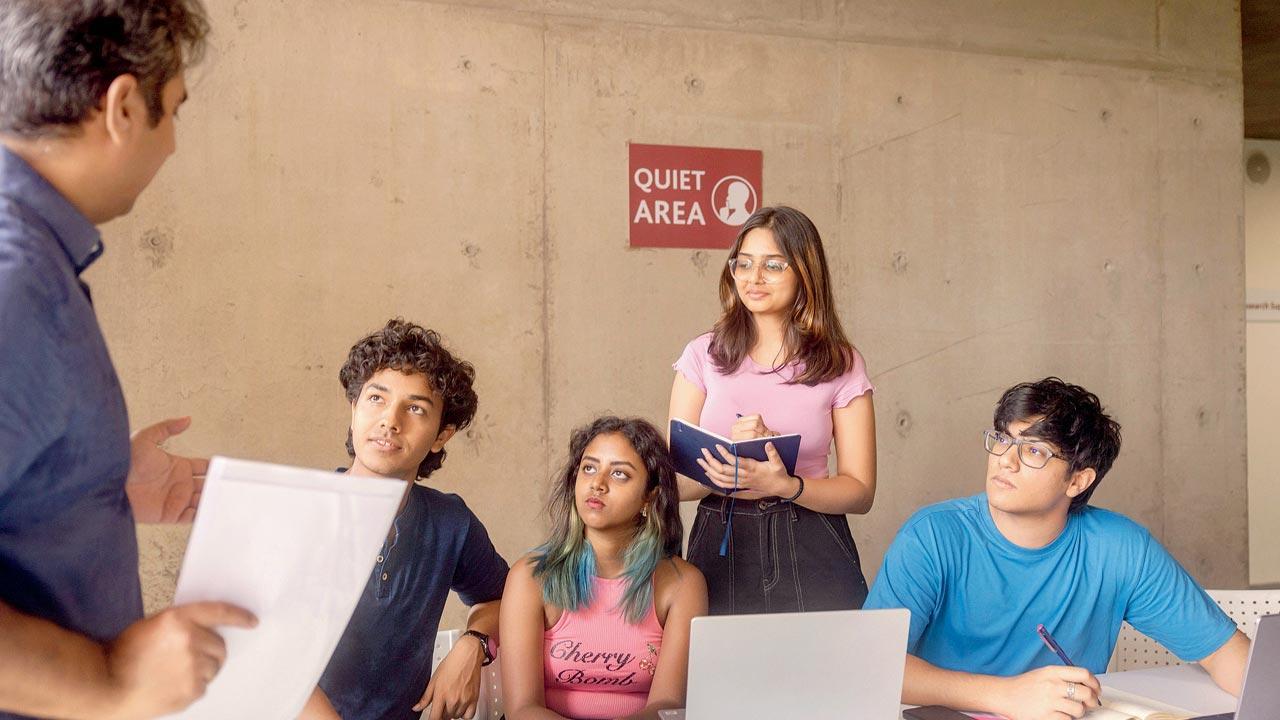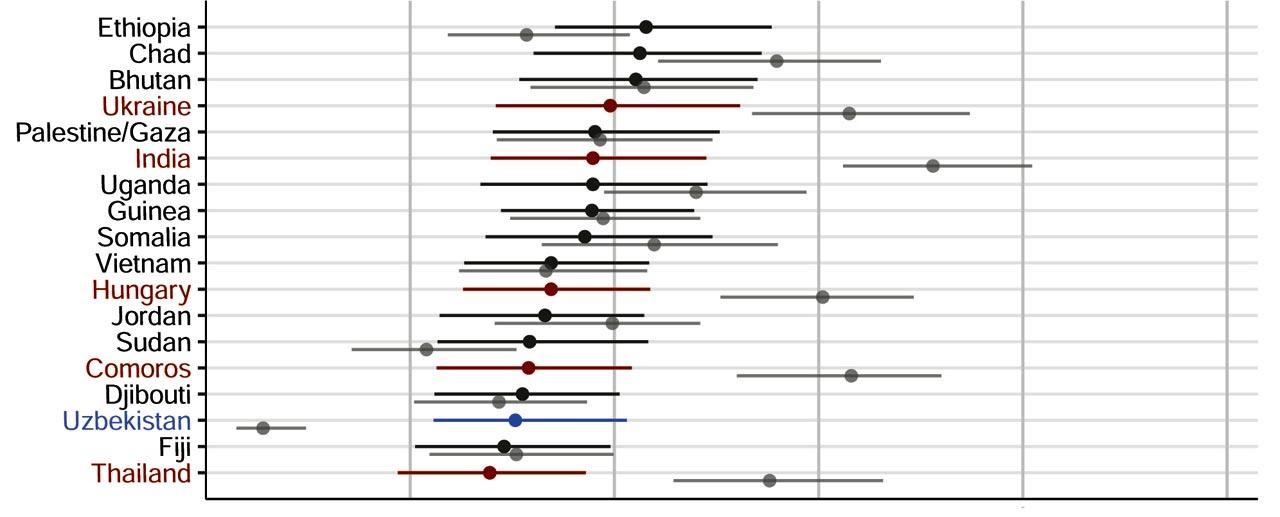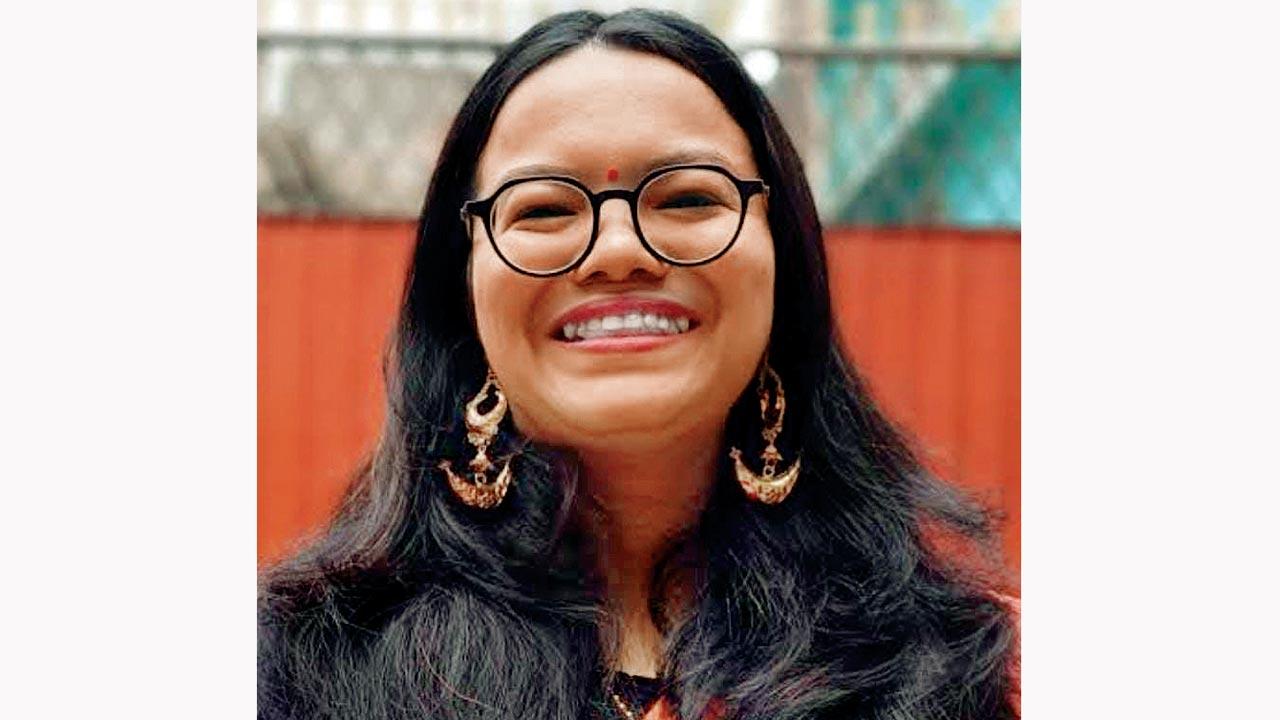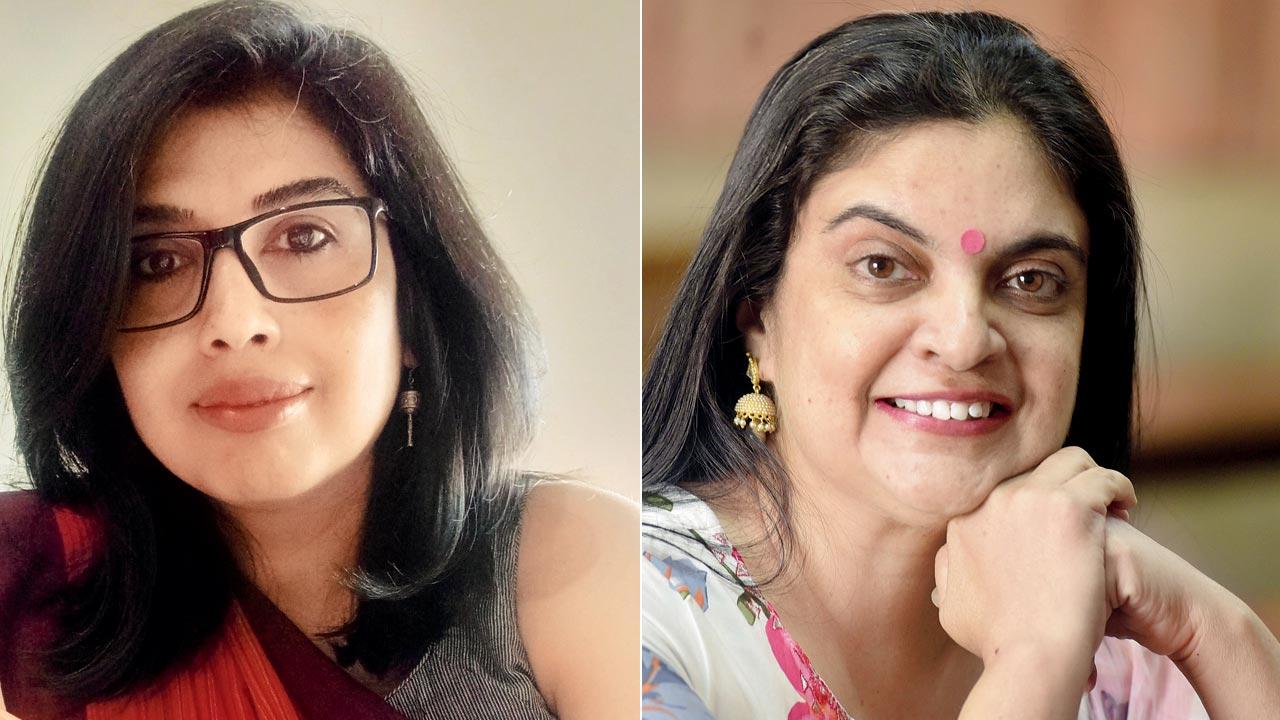As India languishes in the low ranks of the Academic Freedom Index, its college professors observe a growing culture of surveillance and ponder their role in students’ lives

Professors in Indian colleges have to meet the expectations society has of them, as impeccable individuals. Representation pic
To most students, a good college professor is a guiding light during the period when they are most malleable—as they turn cherished dreams into reality, understand their place in the world, and chart the map of their lives for the next two decades. The professor is the stuff of Robin Williams’s Dead Poets Society and Sidney Poitier’s To Sir, with Love—a larger-than-life figure who goes far beyond the assigned syllabus, shifting something within them as they navigate the tricky territory of adulthood and careers.
ADVERTISEMENT
A quick survey of India’s academia will reveal that though such inspiring teachers still persist, all is not well. Consider the country’s rank in the 2023 Academic Freedom Index, behind its neighbours Sri Lanka and Pakistan, in the 20 to 30 percentile. The Index, which studies 179 countries, assesses them based on four factors: Freedom to research and teach; Freedom of academic exchange and dissemination; Institutional autonomy; Campus integrity; and Freedom of academic and cultural expression. “In India, academic freedom started to decline in 2009 with a drop in university autonomy followed by a sharp downturn in all indicators from 2013,” the Index notes. In the years that followed, campus integrity, institutional autonomy, and the freedom of academic and cultural expression were particularly compromised.
 The 20 to 30 percentile of the Academic Freedom Index by the V-Dem Institute, where India features alongside Palestine and Vietnam
The 20 to 30 percentile of the Academic Freedom Index by the V-Dem Institute, where India features alongside Palestine and Vietnam
The year 2023 alone saw the targetting of three college professors, from Haryana, Kolhapur and Mumbai. In June, a Kolhapur lecturer was sent on forced leave after a video of a class discussion went viral. In it, she tells students that perpetrators of rape can belong to any religious community. In November, a complaint was filed against a professor at an engineering institute in Mumbai for inviting another academic, who allegedly praised former Palestinian militants. In late December, a senior professor of Law in Haryana was named in an FIR for “harming the dignity of women and discriminating against students on a religious and ideological basis”; while the former allegation relates to her using the dating app Bumble as part of her pedagogy, the latter is in reference to her pointing out instances of students chanting Jai Shri Ram on campus.
Students’ usage of mobile phones is no longer just a discipline-related peeve for faculty. An alarming commonality in all three cases is the recording of a class without the teacher’s consent, the circulation of the recording on social media, and public calls for the suspension and arrest of the academic in question—regardless of the approach that their employer college or university may choose to take. “Teachers are wary of their lectures being recorded and are being more careful about what they say in class,” says sociologist Rituparna Patgiri, who has five years of teaching experience. “I can also recall instances where teachers have thought that there were spies in the classroom—this is a troubling thought to have about one’s students.”
 Rituparna Patgiri
Rituparna Patgiri
If the culture of denunciation enters campuses, it is not only disgraceful, but also counterproductive to the work of education, Anupam Guha remarks. “The recent instances demonstrate the need for vigilance on part of the academic community to preserve its independence,” says Guha, Assistant Professor at IIT-B’s Ashank Desai Centre for Policy Studies. “The victim of such acts is not the individual professor, it is teaching itself where the free and honest exchange of ideas in a classroom is vital. It would be naive for academics to not take such incidents seriously and respond with urgency.”
Patgiri says that she herself has not faced the pressure to self-censor, and strives to remain fearless and truthful. Yet, her peers have expressed apprehension about screening certain films or videos. “But the social sciences—especially subjects such as gender, caste or violence—cannot be taught in a censored manner,” she asserts. Educators this writer spoke to revealed that sometimes, they had begun to use examples from other countries in place of Indian ones. This stems from an inability to foretell how the latter will be received.
 Every subject and thought has a place in the classroom, says Sumana Roy; (right) Her 20+ years of experience have shown Dr Shamali Gupta that much learning happens in the hours after class. Pic/Atul Kamble
Every subject and thought has a place in the classroom, says Sumana Roy; (right) Her 20+ years of experience have shown Dr Shamali Gupta that much learning happens in the hours after class. Pic/Atul Kamble
They also pay close attention to variables like the directions class discussions can take, or the way a guest lecturer may behave—with a view to ensuring students’ safety is not compromised. Others such as Don Bosco College’s Dr Shamali Gupta believe that professors shouldn’t impinge on students’ political and religious opinions; these are facets of life that, she believes, they should be free to explore themselves.
When this writer asked if teachers are now looking over their shoulders as they address controversial subjects, Sumana Roy puts it plainly: “No subject is controversial, none at all.” The poet and Associate Professor at Ashoka University says, “The classroom is akin to the mind. Every subject and every thought has residency there. I consider myself fortunate to be able to say anything I want to in the classroom—fortunate because my students have the maturity to agree, disagree, debate, laugh, and respond with their own histories.”
One may think that central universities or smaller institutions are more likely to budge under pressure. But Patgiri is of the opinion that there is no discrimination in this matter—the culture of restraint is prevalent in both public and private universities. To those in the Indian Academic Freedom Network, a group which advocates for institutional autonomy and the right to learn and teach, the last few years have changed the very face of university spaces in our country. “When we hear about previous faculty members and how unorthodox they were, it’s very saddening to think that the university has become such a dead, dull place,” one of the Network’s members says to mid-day.
The normalisation of surveillance and censorship is also concerning because of the niggling, systemic issues that the Indian education system has been plagued by, especially the lack of proficient educators and discouragement of critical thought. “Decades of inefficient and half-hearted teaching, because of teachers recruited through corrupt practices, has produced a young population that cannot think for itself, that is lacking in basic language and numerical skills even though they have Master’s degrees,” Roy points out. “If self-censorship is to be introduced into this already broken system, what will we be left with?”
In 2014, the then St Xavier’s College principal, Fr Frazer Mascarenhas, caused a storm when he addressed a letter to the students on the heels of the General Election. Though he did not name any party or politician, the priest asked students to “choose well” and make a “reasoned choice of individuals and political parties who promise to work for a real quality of life”. In the decade since, has the role of the college professor transformed?
Across undergraduate and postgraduate courses, relationships between educators and students—as well as the very meaning of academic freedom—can vary. The undergrad level is like a continuation of the schooling years with its centralised exams, fixed syllabus, and emphasis on timings and attendance. “At the undergrad level, professors are much more caring and feel a greater responsibility because the students are young,” says the Indian Academic Freedom Network’s representative. They add that teachers are expected to be approachable so that students feel comfortable seeking them out, to discuss matters such as their health.
Dr Shamali Gupta, Head of Department, Mass Media at Don Bosco College (Kurla), echoes this sentiment—that much teaching takes place in the minutes between classes and after college hours, when professors can guide students to help them transform emotionally and mentally. Helping them to tackle issues of security, peer pressure and cyber bullying is also a prerogative. As an educator with over 20 years of experience, she has received the love of thousands of students who continue to keep in touch, express gratitude and now also see her as a friend. Yet, she doesn’t deny the pressures that come with the job. “Even when they are not teaching,” she says, “professors are engaged in training, re-evaluations or their own research. It’s a 24x7 job. Professors are also expected to meet society’s expectations of them as impeccable, flawless individuals who won’t make mistakes. We have to be mindful of our behaviour and language.”
A related concern is that of pedagogy itself: Should educators move away from experimental methods and assignments, and stick only to prescribed reading lists? Guha opines that a professor’s role is not limited to a fixed book for the very simple reason that any syllabus demands thinking outside of it. Roy reminds us that everything and everyone is an influence; from among these experiences, we may learn from some, and dislike some others. “This is as true of the student-teacher relationship as it is of influences in creative practice. In most public universities—and affiliated colleges—in India, teachers do not get to choose the texts they want to teach. It is possible, even when texts are decided by a centralised—and, increasingly, politically-motivated—board or committee, to teach ‘outside the syllabus’, and many have been doing that for decades,” she concludes.
0.38
Extent to which academic freedom is respected in India, on a scale from 0 to 1
130
India’s rank in the Academic Freedom Index, out of 179 countries
 Subscribe today by clicking the link and stay updated with the latest news!" Click here!
Subscribe today by clicking the link and stay updated with the latest news!" Click here!







